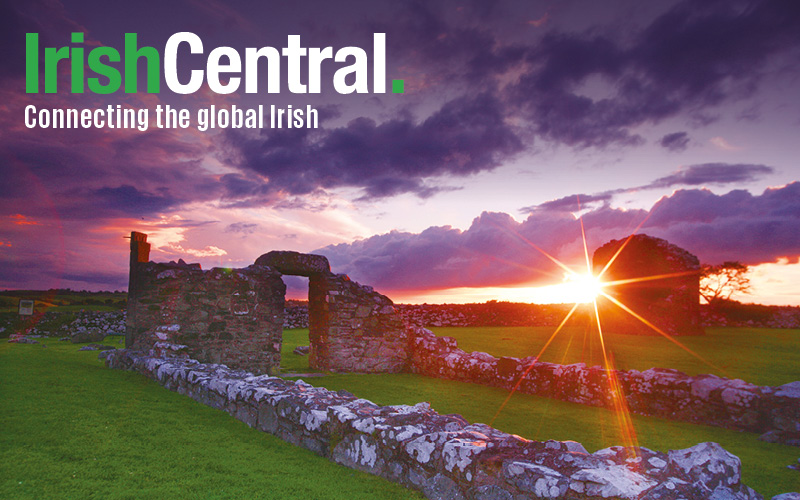She was the "Sunday in every week", the poet Austin Clarke called a beautiful looking woman. Back then Sundays were very different though.
All is changed, changed utterly, as the poet said, and has not been replaced by a terrible beauty in Ireland. If you were born in Ireland 20 years ago or thereabouts, and if you are returning on vacation soon, do not expect to relive again the suited, sated, somnolence of the kinda sacred Sundays of your youth.
A friend and I talked about the Saturday night scrubbings and shoe polishing and shirt ironing in preparation for Sunday Mass in the morning in the high pomp heydays of the Catholic Church. We both recalled the huge occasion that First Communion was then, and being taught that it was actually sinful to bite the wafer that was placed on your tongue at the climax of the ceremony.
And we both remembered the way the wafer seemed to adhere to the tongue forever before you could swallow it down and relax.
Did that happen to any of ye? I am quite certain it did.
It was our opinion that the popularity of Saturday evening Masses in the years after Vatican Two was the dagger in the throat of the old ritual Sundays. That and the fact that, for a host of reasons we need not detail here, the level of churchgoing by individuals and families has so sharply declined in the last 20 years especially.
Before then it was forbidden to work on Sundays, except for necessary farmwork like milking the cows, for example.
Many countrymen, I recalled, wore their Sunday suits, collar and tie, all day to show they were not working. My friend McAvinney said that much the same happened in his town. And about everywhere else for that matter.
The GAA football matches, both at club and county level were also a huge element of the enjoyment of the traditional Sundays. In fairness, due to the continuing popularity of the GAA the games still draw huge crowds during the championship season and are still family affairs. But it is the commercial backdrop that is so totally different.
Gone are the days when folk could not work on Sundays. They are now one of the busiest and most bustling days of the week. Everything is open and trading away, tills are jangling, supermarkets are full.
The consequences of the tourism industry and the necessity to cope with it together with Irish lifestyle changes means that Sunday is no longer a day of rest. It is far from it.
The fact that both parents of a typical family are now in the workplace means that major shopping expeditions are now more easily feasible on Sundays. The family can be together, really, for the only time of the working week, and the footfall in the malls reflects this. Cafés and pubs and hotel dining rooms benefit.
The trading situation has so totally changed that McAvinney was not one bit surprised when I told him that Mondays are commonly like the old Sundays nowadays because it is then that many traders close their doors for a rest after the Sunday rush!
In a nutshell then, if you arrive here on vacation soon, rest easy that you will not find this old Republic closed down totally on what used be properly called the Sabbath day.




Comments